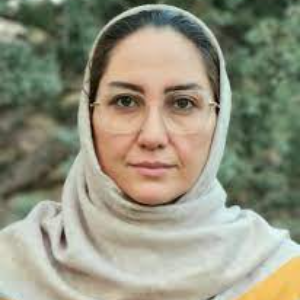Title : Deep (CNN) or shallow (FFNN) learning for statistical downscaling of climate data?
Abstract:
Encountering with stochastic inherent climate parameters, get cumbersome in computational phase. Precipitation and temperature are also the most-known climate parameters that affects local climate formation. Simulating the variability of these two parameters from past era till present, allow managers to manage effectively and make policies accurately. The simulation of precipitation which formed based on bunch of interactions, led it “hard-to-gain” trustable results. Thus, studying the characteristics of such stochastic parameters has been the subject of high priority for researchers. Using the AI-based models led to gain accurate results. On the other hand, deep-based models have successfully applied in climate issues and the superiority of these methods are proofed. In this research, local precipitation and temperature are projected based on state-of-the-art method named Convolutional Neural Network (CNN) for the end of century using General Circulation Model (GCM) dataset obtained from coupled Model Inter-comparison Project 6 (CMIP6). Also shallow-layered Feed Forward Neural Network (FFNN) was used as evaluation of the performance of CNN model. Ultimately, the performance of models evaluated based on Root Mean Squared Error (RMSE) and Coefficient of Determination (DC) criteria and results denoted that the CNN standalone outperformed over shallow-layered FFNN coupled with pre-processing techniques.


